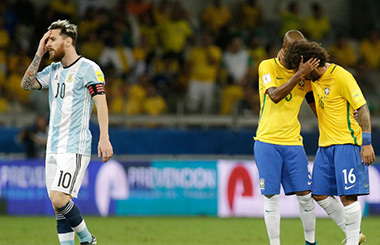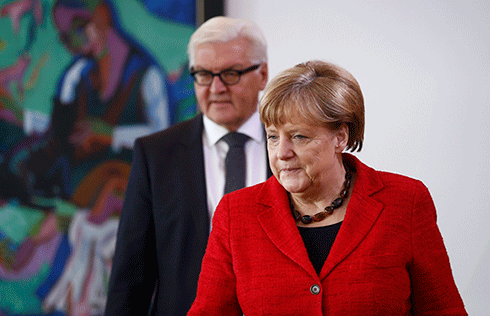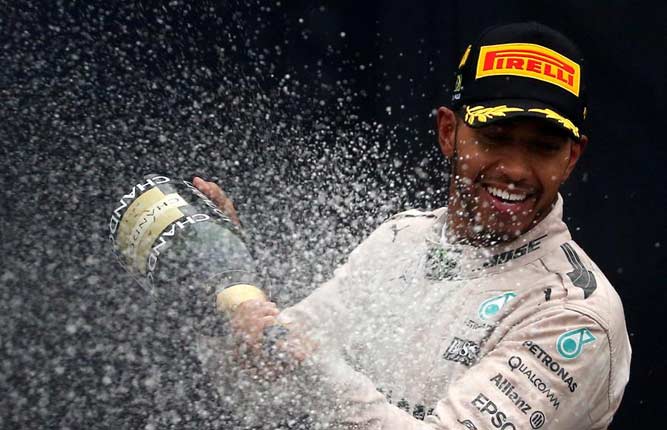

Sex, soccer and vandalism
In the Geylang district, licensed prostitutes from other Asian countries work in brothels that are technically illegal but obvious in their purpose with red lights and flashing signs.
An unlicensed and illegal sex trade is rampant in doorways and on street corners elsewhere in Geylang, at the notorious Orchard Towers complex known as "Four Floors of Whores" on one of Singapore's glitziest shopping streets, in numerous massage parlours and in explicit online ads.
Gambling is legal at two casino resorts that opened in 2010, at horse races and on soccer matches at state-run outlets but loan-sharking is a problem and, as the global soccer scandal shows, match-fixing has deep roots in Singapore.
Investigators in Europe said this week they suspected a criminal syndicate in Singapore was at the heart of a bribery scam to affect the outcomes of hundreds of matches at the club and national level over several years.
Authorities have stressed they are cooperating with the Europeans and take the problem of match-fixing seriously but have been tight-lipped about the details and extent of their investigation.
The Corrupt Practices Investigation Bureau said "stern action has been taken" in eight match-fixing cases it has investigated since 2005, including the jailing last year of two South Koreans who used to play in Singapore's S-league.
"In all, 11 individuals were charged and convicted in court," the anti-corruption bureau said on Thursday.
"One prominent case in 2007 involved the Liaoning Guangyuan Football Club ... where the footballers were found guilty of having received bribes from the general manager of the club to influence the result of the matches. All involved players were eventually charged and dealt with."
In sentencing a Chinese player in the Liaoning Guangyuan case to seven months in jail, the judge warned of the dangers to Singapore from match-fixing.
"Soccer is a sport with a wide following," District Judge Toh Yung Cheong wrote in February 2008. "Offences of this nature have attracted much public attention lately. If left unchecked, they are capable of tarnishing the image of Singapore."
The dangers are real for Zaihan Mohamed Yusof, who has reported extensively on match-fixing for The New Paper tabloid. He is concerned for his safety after his car was vandalized four times and over some "strange sightings of people" at his door.
"The vandalism only started when we announced Singapore was a hub for match-fixing in about May 2011," he said. "It could be coincidental. It could be kids. But other neighbors have not had cars vandalized, just me."













